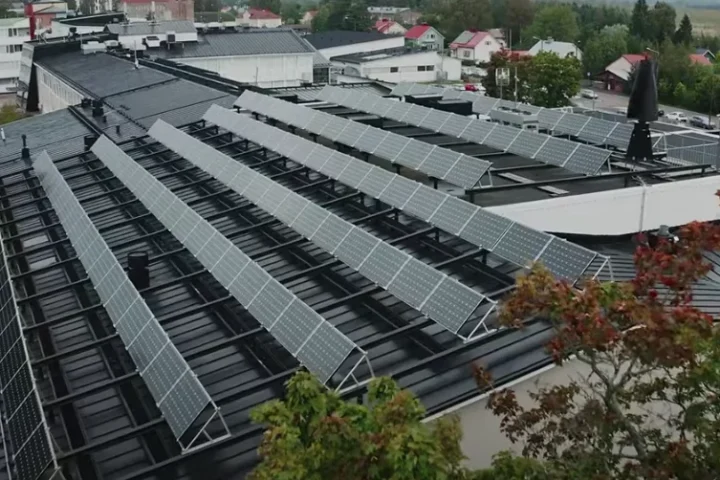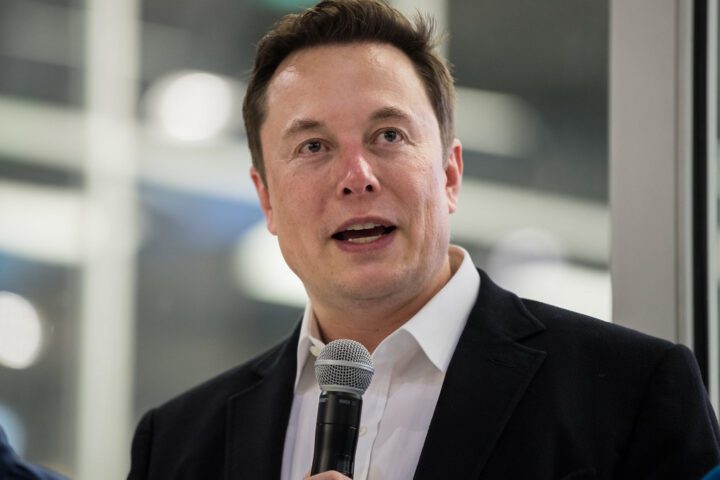Octopus Energy unveiled its first home electric vehicle charger on June 19, 2025, adding to its growing range of home energy products. The new “Octopus Charge” promises to make EV charging simpler and more affordable for UK drivers.
The charger works with Octopus Energy’s smart platform Kraken to automatically schedule charging when electricity is cheapest and greenest. When connected to the company’s Intelligent Octopus Go tariff, driving costs could be as low as 2p per mile.
For early adopters, there’s a significant bonus: the first 100 customers will receive up to 5,000 free miles of charging – enough to travel from Land’s End to John o’ Groats and back with miles to spare.
Rebecca Dibb-Simkin, Chief Product Officer at Octopus Energy, explained the appeal: “Charging at home is already better than queueing up at the petrol station – and now we’ve made it even simpler.”
Cost savings for drivers
The financial benefits of home charging are substantial. Data from Cornwall Insight shows that using a home charger with an off-peak tariff can save drivers up to £1,500 per year compared to public charging points.
Octopus Energy has also launched a Drive Pack tariff alongside the charger, offering unlimited EV charging for a fixed monthly fee of £30. This flat-rate option makes costs predictable for high-mileage drivers.
For households with solar panels, the charger offers additional savings. It can use surplus solar electricity to charge EVs, effectively turning free, home-generated power into driving miles.
Similar Posts
Availability and features
The Octopus Charge isn’t immediately available to everyone. It will initially be offered exclusively to customers of Octopus Electric Vehicles, the company’s EV leasing division, before becoming available to all Octopus Energy customers in August 2025.
The physical design includes practical features for home installation. With built-in 4G connectivity and a specially designed cable holster, the unit is compact enough to fit in tight spaces – whether on driveways, in garages, or on the street.
Using the charger is straightforward. Customers set their desired charging time and amount through the Octopus Energy app, and the smart technology handles the rest.
Market context and competitors
Octopus Energy is entering an established home EV charger market in the UK. Major competitors include Easee with their Easee One charger, Hypervolt’s Home 3 Pro, Ohme’s Home Pro and ePod, and Pod Point. These brands offer various features including solar integration and app control.
Octopus Energy’s main advantage appears to be the integration with its energy tariffs and the Kraken platform, potentially offering a more unified experience for its customers.
Recent policy changes help installation
The launch comes shortly after a significant government policy change. On May 29, 2025, the UK government removed the requirement for planning applications when installing home EV chargers. This change is estimated to save drivers about £1,100 on installation costs and reduce delays.
The timing is strategic as the UK continues its push toward electric transportation. Currently, there are over 1.5 million electric vehicles on UK roads, with electric cars making up about one in five (19.6%) of all new cars sold.
Smart charging capabilities
A key feature of the Octopus Charge is its smart functionality. The charger connects to Octopus Energy’s Kraken platform, which enables it to automatically charge when electricity is at its cheapest and greenest.
This smart charging approach not only saves money but also helps balance demand on the national grid by shifting energy usage away from peak times.
Part of a broader strategy
The EV charger launch follows Octopus Energy’s earlier moves into home energy hardware. The company previously released the Cosy 6 heat pump in September 2023, followed by the Cosy Octopus heat pump tariff in June 2024.

These products form part of Octopus Energy’s vision for an integrated home energy ecosystem, aiming to make green energy more accessible and affordable for UK households.
Interested drivers can register for the Octopus Charge through the company’s website, with wider availability expected in August 2025.


















